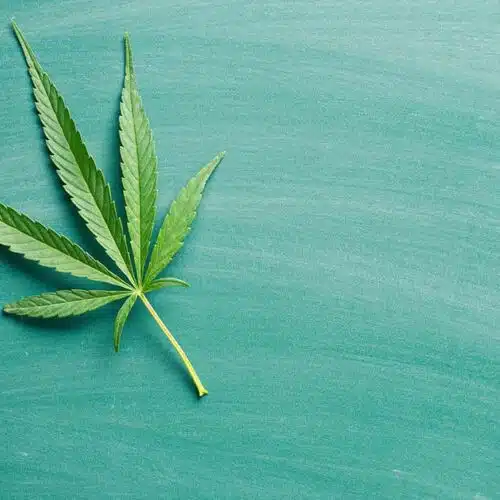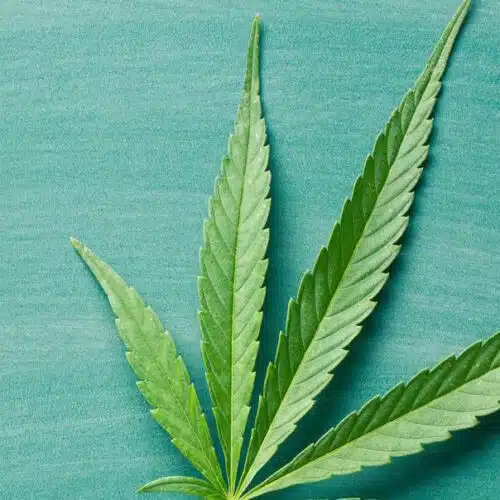Ordinance 300 Passes In Denver, Colorado
DENVER – Denver voters decided to push the boundaries of marijuana law by passing ordinance 300 in this year’s election, Coming To Denver- Designated Marijuana Areas For Businesses.
The idea was supported by many of the same people who helped campaign for Amendment 64, which made Colorado the first state in the nation to legalize recreational marijuana. When Amendment 64 passed, it was clear that there wouldn’t be many places where people could legally use marijuana besides their own homes. The amendment included language spelling out that it did not authorize the use of pot openly and publicly. The new ordinance is designed to change that—allowing people to gather and use marijuana in businesses that obtain special permits. But there are a lot of hoops for a business to jump through before it can legally allow people to light up a joint or start munching on edibles.
Here’s a practical guide to Denver’s new law:
THERE WON’T BE ‘HASH BARS’ IN DENVER
Colorado’s state marijuana laws ban consumption at retail locations, which means you shouldn’t expect Amsterdam-style hash bars in Denver. While it’s theoretically possible for a social use business to locate near a marijuana store, they would need to be separate businesses, each with their own regulations to abide by. Aside from that, there aren’t many restrictions on the types of businesses that can apply for a social use license. It’s possible you’ll see pot patios popping up in coffee shops, restaurants, or bars in Denver. In contrast with Amsterdam’s hash bars where alcohol cannot be sold, Denver’s social use ordinance would not ban the sale of alcohol in locations open to marijuana consumption.
However, limiting or banning alcohol consumption can be made part of the agreement with neighborhood groups (more on the role they play below) for each specific social use license. Colorado law also bans people from selling pot to each other—you could show up to a social use establishment with some marijuana to share with your friends, but you could get busted if you try to sell any to people.
SMOKING NEEDS TO BE OUT OF SIGHT
You shouldn’t expect to see pot smoking areas when you’re walking down the street in Denver. The ordinance spells out that “any outside smoking of cannabis occurring at street level is not visible from a public right-of-way or a place where children congregate.”
Consumption areas would be off-limits to anybody under the age of 21.
The businesses will also have to abide by the Colorado Clean Indoor Air Act, which bans smoking in the vast majority of indoor areas. However, it’s theoretically possible for an indoor marijuana smoking area to open in a licensed cigar bar.
It’s also possible for businesses to create indoor consumption areas not meant for smoking, but rather for marijuana vaping or edibles consumption.
The statute also requires the social use business to make “reasonable accommodations” to prevent the odor of marijuana from reaching people outside.
YOU NEED TO GET OTHERS ON BOARD
One of the prominently-advertised aspects of initiative 300 is the requirement that businesses show “evidence of community support” in order to get a social use license.
A business would do this by partnering with an “eligible neighborhood organization.”
This may seem difficult, but even though Denver has 78 official neighborhoods, the number of registered neighborhood organizations (RNO’s) in the city is nearly 200. RNO’s are not difficult to create and are allowed to draw their own boundaries with no ban on overlapping each other.
For reference, the 9NEWS studios are located in a part of the city covered by 8 different RNO’s.
Alternatively, businesses trying to get a social use permit can get permission from a business improvement district or any other group the city deems eligible as a partner.
THE RULES MAY BE DIFFERENT AT EACH BUSINESS
In order to get a permit, social use establishments and neighborhood groups would be allowed to reach an agreement with rules tailored for each specific license.
They can put virtually any restriction imaginable into the license.
The new Denver law specifically envisions agreements that:
- Limit or ban alcohol consumption
- Have rules to prevent DUI cases, including requiring the business to offer patrons free rides home
- Establish company policy in running the establishment
- Control odor
- Restrict advertising
- Regulate the distance of consumption areas from public spaces
- Create more restrictive hours of operation (None of the social use establishments will be allowed to operate between 2:00 am and 7:00 am)
- These rules can be made into official city restrictions on an individual license, each written to tailor to the agreement between the business and its partnering neighborhood group.
In addition, each business will be required to submit a written operations plan to the city describing how it will prevent underage people from gaining access and how it will train its employees.

